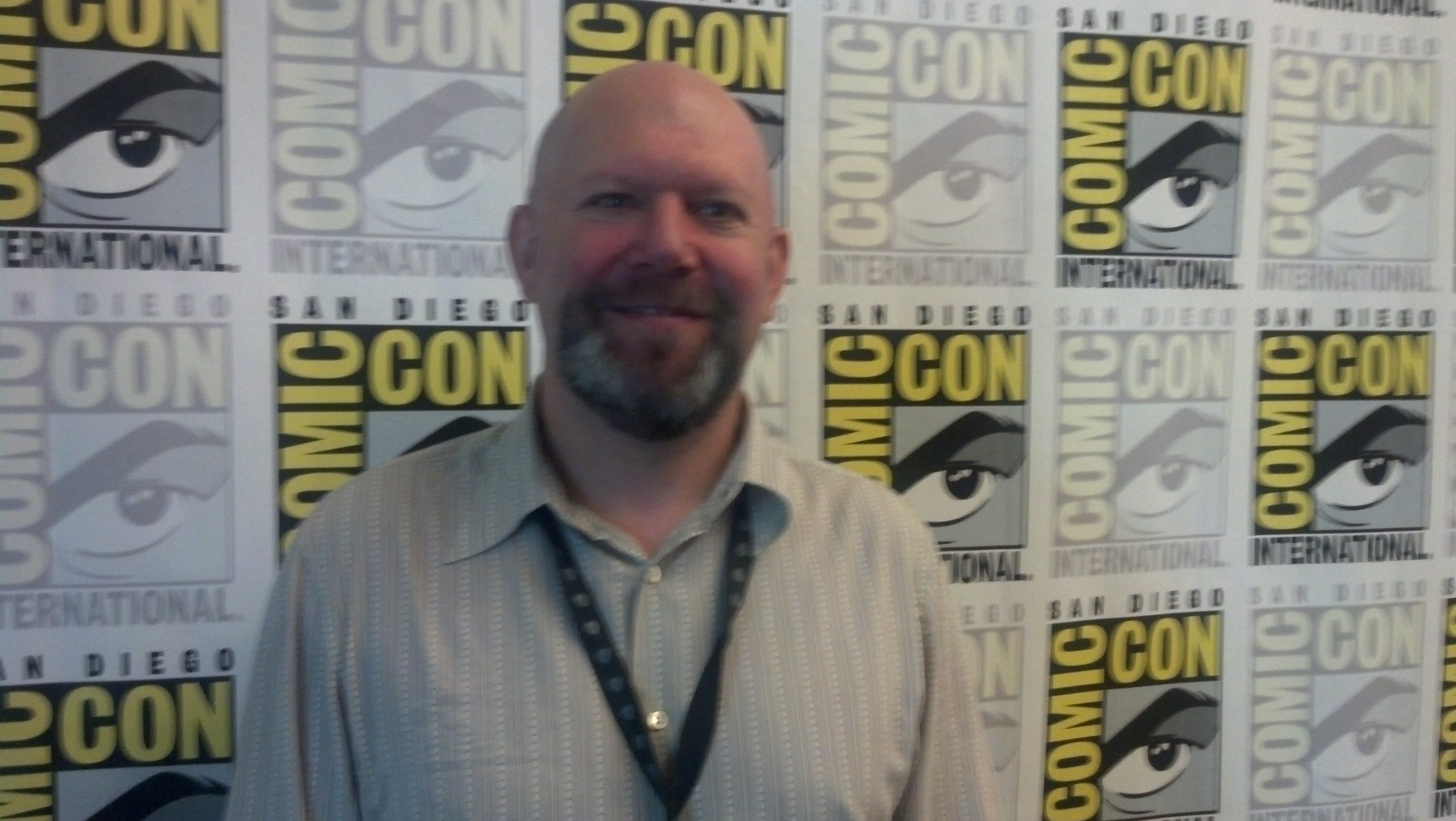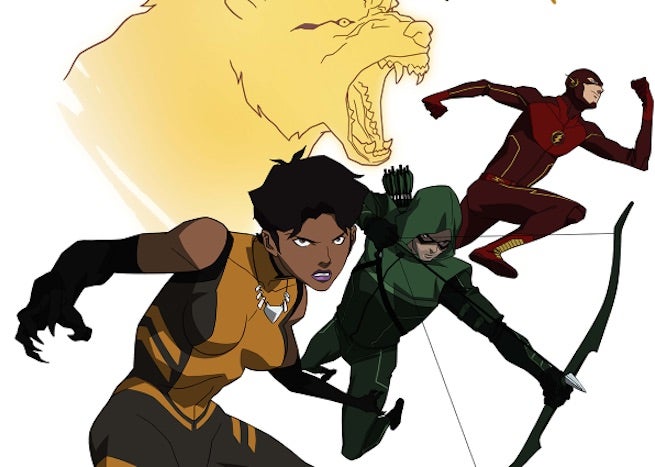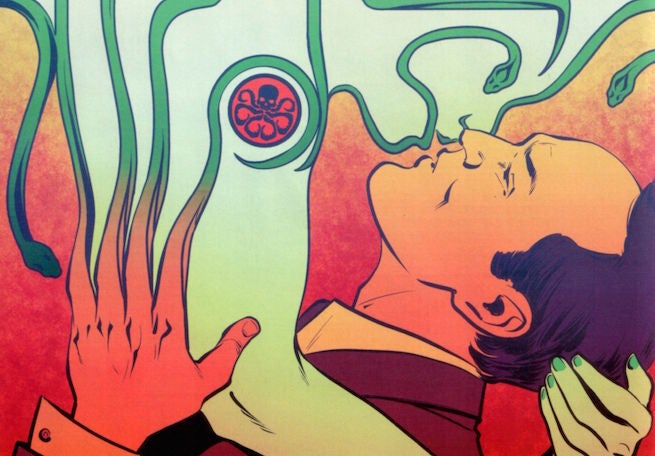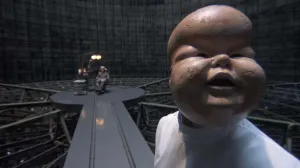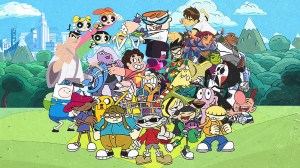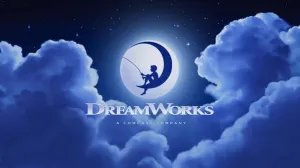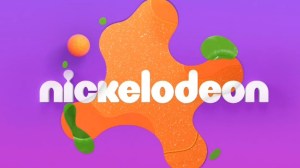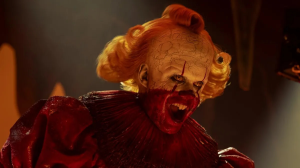With Arrow making the jump to Green Arrow in the fall and both Legends of Tomorrow and Vixen on his plate as well, it’s hard to imagine that Marc Guggenheim is taking on his first ongoing comic book series in five years — let alone that it would be Marvel’s Agents of S.H.I.E.L.D., something that takes place in a totally different world playing by different rules.
Videos by ComicBook.com
Guggenheim joined ComicBook.com to talk about the mad press of his current workload, what to expect from his upcoming work…and just where Vixen fits into the Arrowverse’s timeline.
Was there any apprehension jumping over to write Agents of S.H.I.E.L.D. in particular?
I guess, yes, in the sense that whenever a comic book project of mine gets announced these days, it tends to say ‘Arrowshowrunner’ or ‘Arrow executive producer’ in the headline.
I think if we were still back in like Season Two of Arrow when there were fewer comic book-based shows on the air and more was made of the quote-unquote rivalry between the two shows, I would have probably stopped to think about it more. But here we are: Arrow‘s going into its fourth season, S.H.I.E.L.D. is going into its third season, it kind of feels like we’re past that. There’s a lot more comic book shows on the landscape, so it doesn’t feel quite as egregious and truth be told, I’ve been writing for Marvel now for probably over ten years. So anyone who knows my work, probably is not surprised to see my name on a Marvel comic despite the fact that I’m probably more well-known at this point because of my connection to Arrow.
But nobody at DC has mentioned it to me, nobody’s blinked an eye.
Coming next month, we’ve got Vixen…but it’s clearly not taking place next month. When is that series happening, relative to the other CW series, considering that we see Ollie in the old suit and everything?
Yeah, it basically takes place around Episode 315 or 316 of Arrow, in that timeframe. We were shooting 314 when we wrote Vixen so we sort of tied it to the continuity not of when it ultimately came out because that would require us projecting very, very far into the future, but we just committed to our timeline of around when we were writing it.
We knew, of course, at that point that Oliver would be going off to the League of Assassins and changing his costume as a result, so this takes place just right before that.
Animation is quick work, and you can do it remotely. Will something like Vixen be a good opportunity to bring someone like Susannah or Colton back in?
Yeah. The truth is, both Colton and Susannah really have standing invitations to return to the show in any form. I will say, actually, Susannah actually did return to the show in Season Three to record her voice for Episode 313 when Oliver was in Hong Kong and he made the phone call to his mother and heard her answering machine message.
We actually didn’t have that from a previous episode, so we needed Susannah to record that and she was kind enough to do that for us.
I wondered at the time whether you actually brought her back just for that!
It is very cool. We were grateful to Susannah.
The funny thing is, we have a group of actors that do a lot of our ADR — it’s called “loop group.” And there was actually someone who did a very passable Susannah, but I just asked “Can someone please call Susannah and see if we can get her?”
Just the level of detail and commitment to the concept is something I know our audience appreciates. And Susannah was very gracious and lovely and agreed to do it.
I just think it’s the kind of thing that sharp eyes and sharp ears respect. I know it’s the kind of thing I pay attention to when I’m watching the show.
You guys are bringing in Anarky — and you had a character in Season 2.5 that was very much like Harold. Have you read a lot of that era, the kind of Norm Breyfogle era on Batman?
Yeah, I am a big fan of the Norm Breyfogle years, totally. No, he’s terrific.
I will say the character in Arrow 2.5, Lodi, wasn’t really based on any other character, but was created for the purposes of the comic. He’s a higher intelligence, and the intention there was to make him disfigured because this was a guy who screwed around with weapons and I figured at one point one of those weapons might have backfired on him.
[Note: Breyfogle recently suffered a stroke, and his family have set up a YouCaring account for fans who want to help with his thousands of dollars in medical bills.]
You have a ton of stuff going on right now, including three shows you’re producing.
Well, two. Two that you know about. [Laughs]
I was counting Vixen.
Oh, you were counting Vixen. Then, yes, three. For sure, this is the busiest I’ve ever been but I’ve actually — knock on wood — been more stressed and less busy before. Right now, I actually feel pretty good. I feel like despite all that’s going on, I’m just excited about everything that I’m working on. I’m also cognizant of the fact that it won’t stay like this forever; this is a moment of time, but it’s really really wonderful. I’m enjoying having this much on my plate, which is rare for me.
As a result of all this, will it be four years before we ever hear back from Alex Garnet?
That is the big downside of being this busy. It’s starting to be a concern of mine because obviously you don’t want to follow-up Overwatch so far after the original book’s publication — not that it seems to have stopped Harper Lee. [Laughs]
But I’ve certainly been thinking about it more and more lately and trying to figure out when I would carve out the time. I think I would have to get a bunch of the non-TV projects off my desk at the moment to carve out that time. It’s been a little tricky to even contemplate breaking the story, but I do think on it and I keep notes and I appreciate when people ask about it. It seems like the people who have read the book, really enjoyed it.
The comics market is in a place right now where things are really playing to your strengths with an arc here and a year there being such common kind of units of measurement.
It’s funny: part of it is that my comic book work for the longest time has also been these very discrete arcs. I haven’t had a huge amount of success with ongoing series.
But with Agents of S.H.I.E.L.D., I’m basically taking on my first ongoing series in five years and that’s very exciting to me and I now have to make sure that I have a nice, long run on it. Certainly I would like to. I think people like Brian Bendis have proven that it’s totally possible to have a long run even in today’s arc-based, trade paperback-centric way of publishing. It’s just a matter of sustaining your audience. So my hope is that I’ll be able to do that with Agents of S.H.I.E.L.D. and readers will know just where to find me and not have to worry about what arc I’m doing on which book or miniseries.
Do you have a long-term plan going into S.H.I.E.L.D.? I feel like the best comics often come from having a plan, but it’s very hard to do right now with the market and your schedule and everything else.
Is it just a matter of having one big-picture plan and then smaller plans for the arcs, like when you have to have a three-year blueprint to know when Colton can get out of his Arrow contract and then plan the seasons independently?
[Laughs] You know, in the case of S.H.I.E.L.D., I went to Marvel with a pitch for the first three arcs
For me, it’s not about writing for the trade, but knowing at some point a group of issues is going to get collected in the trade, and you want it to work as a complete meal once it’s all collected. So I thought in terms of the first three arcs. That said, I haven’t ruled out the possibility of doing single-issue done-in-ones between arcs, which I think is also a valid thing in today’s marketplace.
When you talk about Chris Claremont or John Byrne, I don’t think it’s the trade paperbacks that killed that kind of storytelling; it’s the lack of subplots. If you look at John Byrne and Chris Claremont’s runs on their books, they always had one to two pages of just subplots. Part of it, I think, is books going down from 22 pages to just 20 pages, and part of it is the shift the artform has taken. Subplots just aren’t as prevalent in comic books as they used to be. They used to be a big part of the storytelling.
I would argue that non-powered supporting casts are not as big a part of the story as they used to be.
That’s interesting. That’s probably very true, actually. The good news is, with Agents of S.H.I.E.L.D., they’re all non-powered. And there will be subplots in Agents of S.H.I.E.L.D. They may not be in every issue to issue, a discrete “hey, let’s take a break from the plot and do a little bit of story that we’ll lay in later,” but there are character relationships and secrets and ongoing things that get set up in the first arc that play out into the second and third arc.
I’m trying to restore a little bit of that storytelling in S.H.I.E.L.D. because I really do enjoy it and I think a book like S.H.I.E.L.D. that’s an ensemble, that features almost all non-powered characters — I am going to have a couple of powered characters in the book for when real ass-kicking is required — there’s going to be more subplot-y stuff going on in S.H.I.E.L.D. than I would typically do in my other comic book work.

